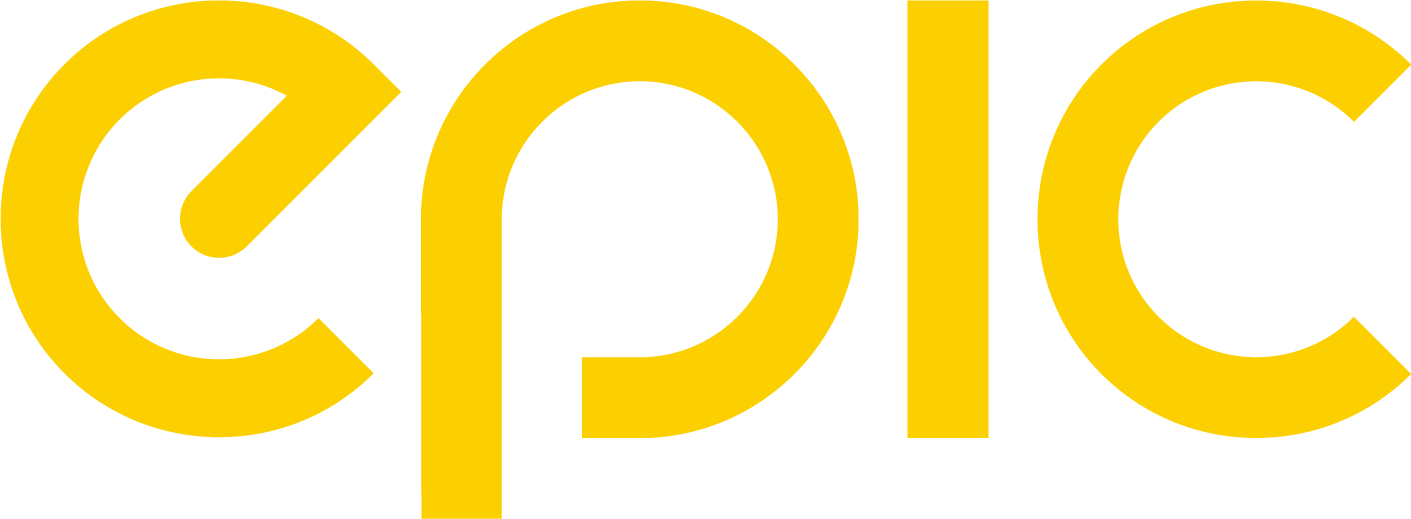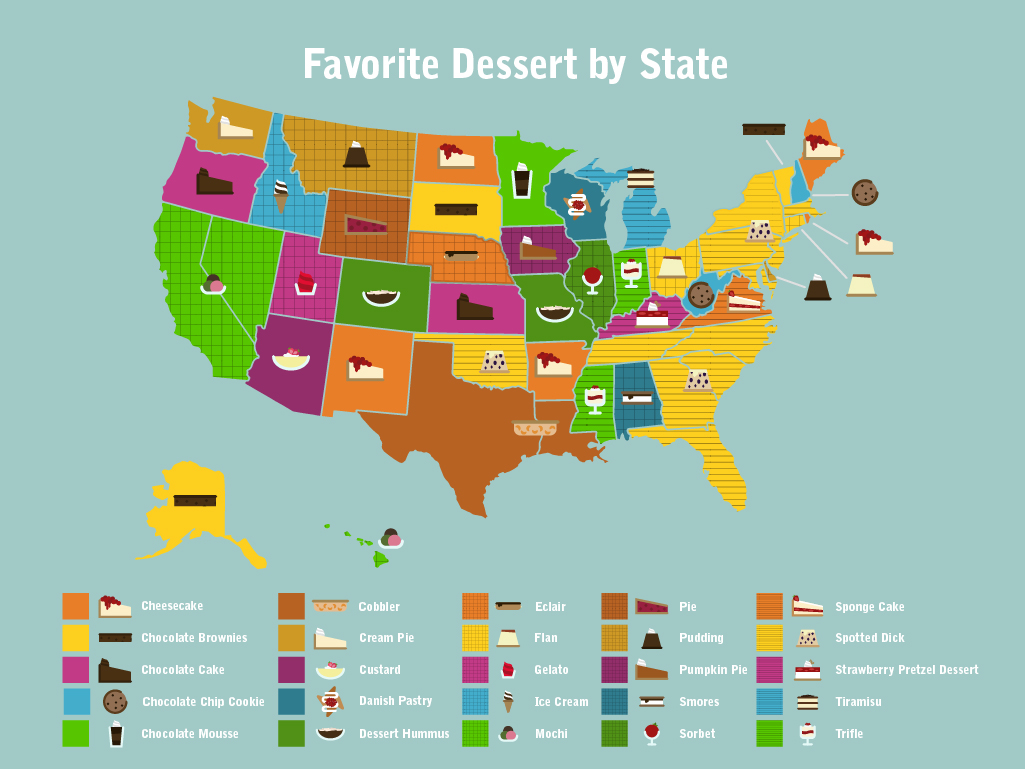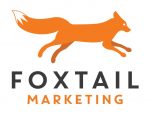What are marketing channels?
Marketing channels are the different tools, platforms, and mediums that facilitate communication with your target audience. They serve to connect the product or service supplied to consumers. Any distribution of goods need to pass through a marketing channel in order to reach the intended audience.
There are four basic categories of marketing channels:
- Direct selling
- Selling through a third party
- Dual distribution
- Reverse marketing
Most marketing efforts that you’re typically familiar with will generally fall under the direct selling umbrella.
Why are marketing channels important?
Marketing channels are important because they are critical to the success of a product or service. In order to effectively sell something, the right blend of marketing needs to be implemented. Depending on the product or service, the target market, and the sales goals, the marketing strategy will vary.
Choosing which marketing channels to use and to what degree, is integral to putting together a campaign that will result in success.
Different Types of Marketing Channels
When looking at successful marketing, you need to consider the mediums in which your advertisements are pushed. Word of mouth only does so much, so optimizing certain channels to work for your company is the next step in producing a successful campaign. There are multiple different types of marketing channels. Each has its own advantages and areas of success. Doing your research on which channel best fits your company and your goals is necessary for creating a campaign that drives the results you want.
SEO
Search Engine Optimization (SEO) is the process of optimizing a web page so that it ranks better on the search engine results page. The higher a page ranks, the most likely it will be clicked on, thus potentially producing a sale. SEO can help with improving user experience on a site, it can increase your authority, and give up an edge over your competitors.
Paid
Paid advertising is a research-based method that is used to target specific customer bases. As opposed to organic advertising, paid methods offer a better and quicker return on investment. When you’re looking to make conversions quickly, paid is the best option. They appear to customers who are the target audience of a specific product or service and generally produce more conversions. Additionally, they are very measurable, meaning you can have a better understanding of your success from a metrics standpoint.
Social Media
Social media marketing is using social platforms and their influencers to push a campaign. Depending on the product or service, the platform of choice will vary. Social media gives companies direct access to customers. Just about everyone has some sort of social platform either on their phone or computer. By extending the strategy to social media, you can reach more people faster. Additionally, in the age of influencers, many consumers trust the opinions of those they follow. Influencer marketing is using these influential users to advocate for your product to their followers.
Email marketing is a wide-reaching marketing strategy. It allows for a more direct channel of communication by reaching individual email inboxes. This is particularly successful in campaigns where consumers can “opt-in” to receive emails. Advertising is instantly more successful when your target audience is open to receiving your information. Within this space, you can foster leads, current client relationships, and even past clients.
Billboard
Billboards are a staple of traditional marketing. While they are older than more modern, digital advertising formats, there is a reason they are still around. They function as major platforms for brand awareness and product or service broadcasting. When placed in highly trafficked areas, billboards are seen by thousands of people every day, making them one of the most viewed marketing compared to other marketing methods.
TV
Television advertising is often done through commercials that can either span a series of seconds up to a few minutes. Companies pay broadcasting services for a “TV spot” in which they have a select amount of time to play their ad. The pricing of these spots is dependent on the television channel, the time of day, and what day of the week. Television ads can be successful in that if you choose the right time to play them, they can have a widespread reach. One of the most-watched commercial breaks happens every winter during the Super Bowl.
Print advertising refers to any form of marketing that is physically printed on paper, or any other medium. These types of advertisements often come in the form of magazines, newspapers, pamphlets, brochures, or mail catalogs. While print may be considered the “old way” of advertising with the emergence of digital platforms, it still has its advantages. Print marketing still yields high conversion rates, grasps strong target demographics, and is a more interactive format that many still value.
Public Relations
Because public relations exists in a world entirely of its own, many don’t consider it a true marketing channel. But, the image that your company portrays to the public is extremely important for brand awareness and reputation. Companies with strong public images have powerful and loyal consumer followings. In 2021, more than ever, consumers are caring more and more about the values of the companies they purchase from.
How To Choose The Best Marketing Channel?
Marketing is really only as successful as you make it. This means choosing the right strategy and effective marketing channels for your company and your goals is crucial to seeing results and producing a profitable campaign. Each marketing channel has its own areas where it can see the most success. Many companies opt for the omnichannel strategy, meaning they push their product across multiple channels to drive their results. Putting together the best strategy for your brand starts with considering a variety of factors.
What You Want Out of a Campaign
Deciding what you want out of your marketing campaigns is a necessary step in determining the right marketing strategy. Are you looking for quick results? Or are you more interested in the long game? Each marketing channel works differently and will yield different results with different timelines. For example, billboards can help with overall brand awareness whereas email marketing is best for existing customer relationships.
The Circles Your Target Audience Sits In
Analyzing where your target audience hangs out is crucial to choosing the right channels to push your marketing. Successful campaigns start with a consumer-first mindset. This means knowing where your consumers do and don’t hang out, what they like and don’t like, and what they are and aren’t receptive to. Narrowing your focus will help you deliver a campaign that is expertly targeted and designed to have the best chance at conversions.
What Your Competitors are doing
Scoping out your competition or the leaders of your industry is valuable research. The marketing strategies of industry leaders can offer a bit of direction in terms of which channels to choose. While your goals and audiences may differ slightly, this data can offer an outline of what works. Your competitors can provide insight on which areas may be worth targeting to make your place in the market. By seeing what strategies the competition is implementing, you can see both what is already working and how you can optimize your strategy to have the upper hand and stand out.
Summary
Ultimately, successful campaigns are only possible with thorough research and market analysis. While marketing channels are made to be successful in their own areas, choosing the right ones for your business is key. If you’re looking for brand awareness but only target existing client relationships, your awareness will not grow. Finding the right blend of channels to meet your goal is necessary. Speaking to a marketing agency may be the best place to start in designing your marketing strategy.
Partner up with Epic
Epic Marketing has been producing quality advertisements and expert-quality strategies since 2004. As a full-service marketing agency, we are able to fulfill just about any advertising need. We develop research-based strategies that work to propel your business forward and drive results. Our creative team puts together jaw-dropping content that will make your brand look better than ever. If you’re looking for success, call us today.


















